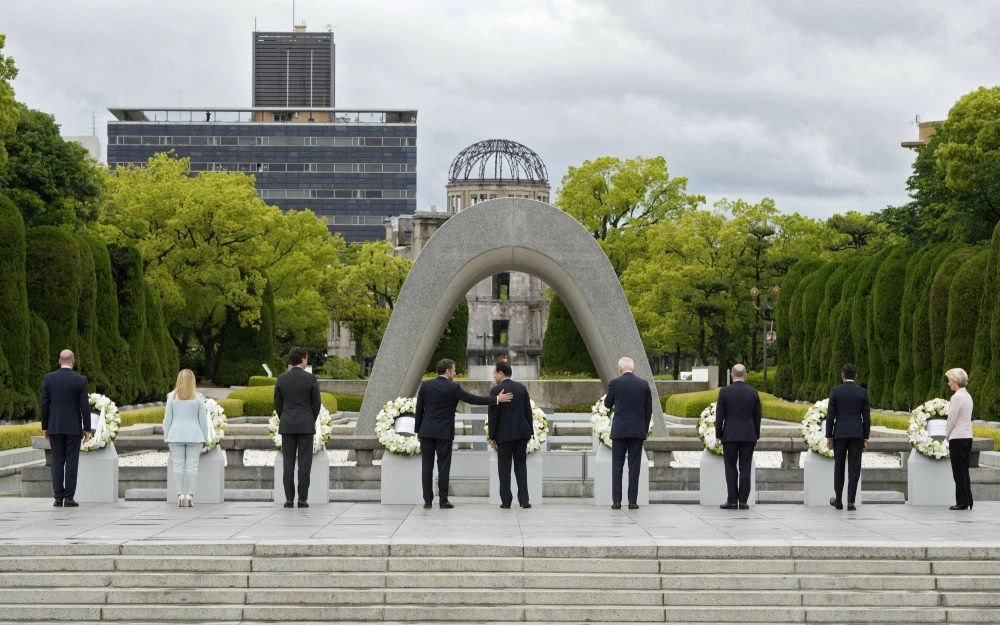Prime Minister Fumio Kishida has sought to spur momentum for his vision of a “nuke-free world” by calling for the start of long-overdue negotiations on a treaty aimed at banning the production of fissile material for use in nuclear weapons.
Speaking Tuesday evening at the U.N. General Assembly in New York, Kishida said Japan will work together with other countries and the United Nations to facilitate discussions between nuclear and nonnuclear weapon states.
“I call on political leaders of nuclear-weapon states and other countries around the globe to step up their engagement on nuclear disarmament so that those from all walks of life are exposed to its importance and take concrete action, not despite of, but because of the challenging security environment,” Kishida said.

















With your current subscription plan you can comment on stories. However, before writing your first comment, please create a display name in the Profile section of your subscriber account page.